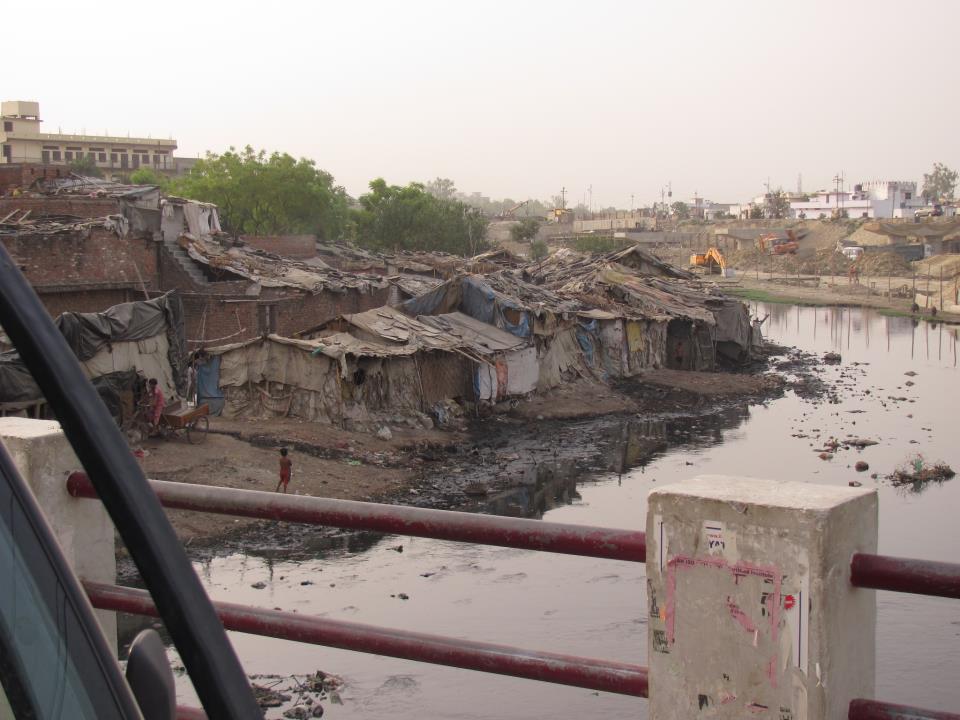This week I went to visit two young friends I had met at a women’s literacy class in our community. They’re sisters, aged fifteen and eleven, and their parents have both died over the last few years, so they live with two older brothers who work to support the family. When I arrived at their home, they offered me a piece of a samosa. In the course of the conversation afterwards, I learned that because of the rain their brothers hadn’t been able to work for the past couple of days, and so this one salty pastry split between the three of us was all they had for lunch! They were waiting for their brothers to come home that evening with enough money to buy something to cook for dinner. This was sobering enough, but then one of the girls took me over to her cousin’s house just a few alleys away and left before her relatives fed me more samosas, along with chai and sweets. It is frustrating that I was treated to this hospitality while just a few yards away the girls were going hungry. Upon reflection, the disturbing thought occurred to me that my friend may have intentionally taken me to her cousin’s house thinking that was the best way to treat her guest the hospitality she herself was unable to provide. It’s humbling (and yes, disturbing) to think that the poor are feeding me instead of feeding themselves.
A lot of people go hungry in our neighborhood on a regular basis. Especially with the rain interrupting so many people’s livelihoods recently, we’re coming into a deeper awareness of that. But the fact remains that in all kinds of weather, families are living on the edge and often skip meals. Stunted children and skinny babies are the most visible reminders of that. Living within a few meters of these families, we never go hungry and make our decisions about meals based on our tastes rather than on whether or not there is cash on hand to cook a meal.
Of course there are all the complexities of an unjust global system that has kept me and most other Americans well-fed for our entire lives at the cost of keeping others hungry—but my friend has done a compelling job of explaining all of that in his blog post (which I highly, highly recommend), so I won’t go into that here.
Right now, I’m living next door to hungry people, so there is this pressing question of how to genuinely love my neighbors when they are hungry and I am fed. What is in my power to do, and am I doing that? But actually, in this age of global food chains and international connectedness, I suppose that my question is no different from the question we should all be asking—because whether we live in Los Angeles, Houston, India, or anywhere else on earth, our neighbors are hungry while we are fed.
